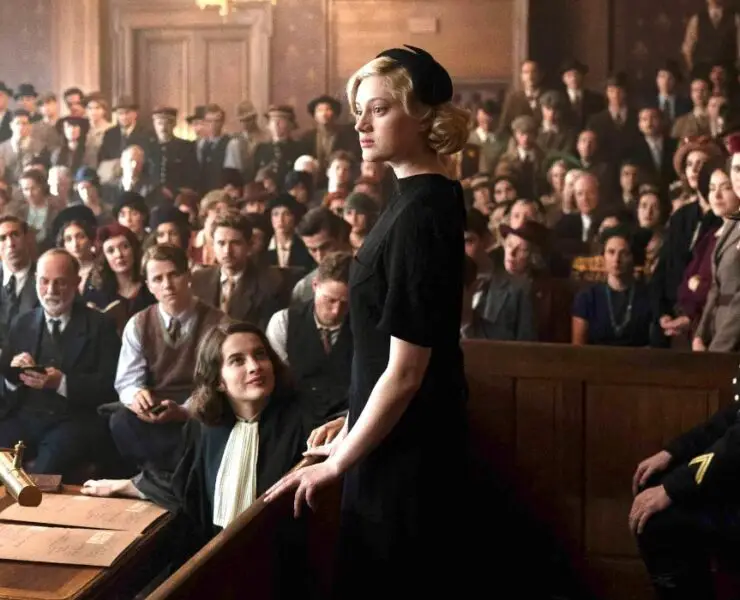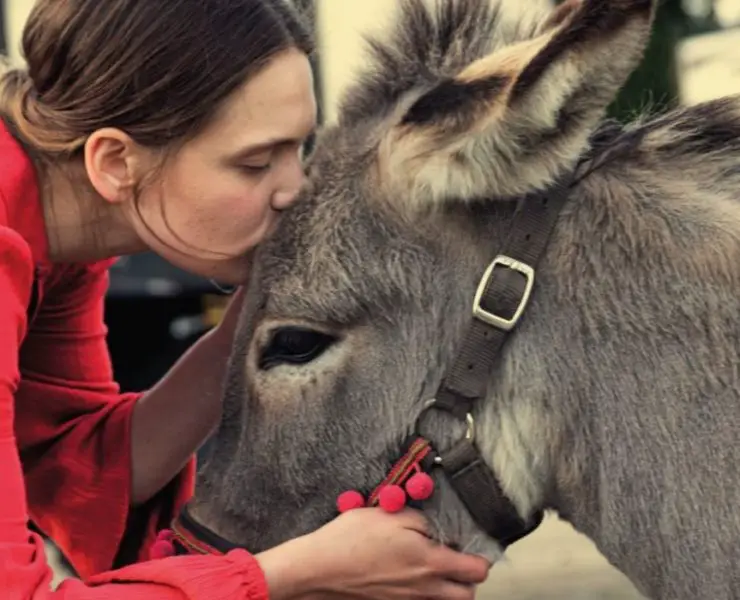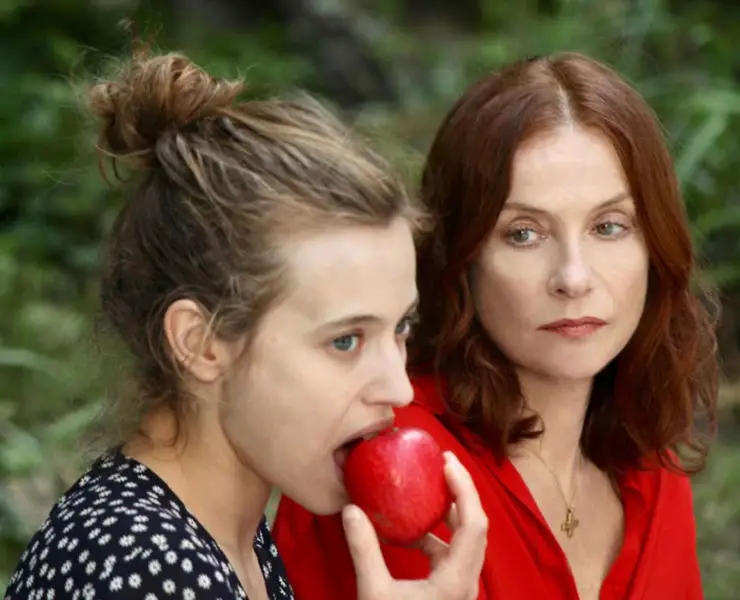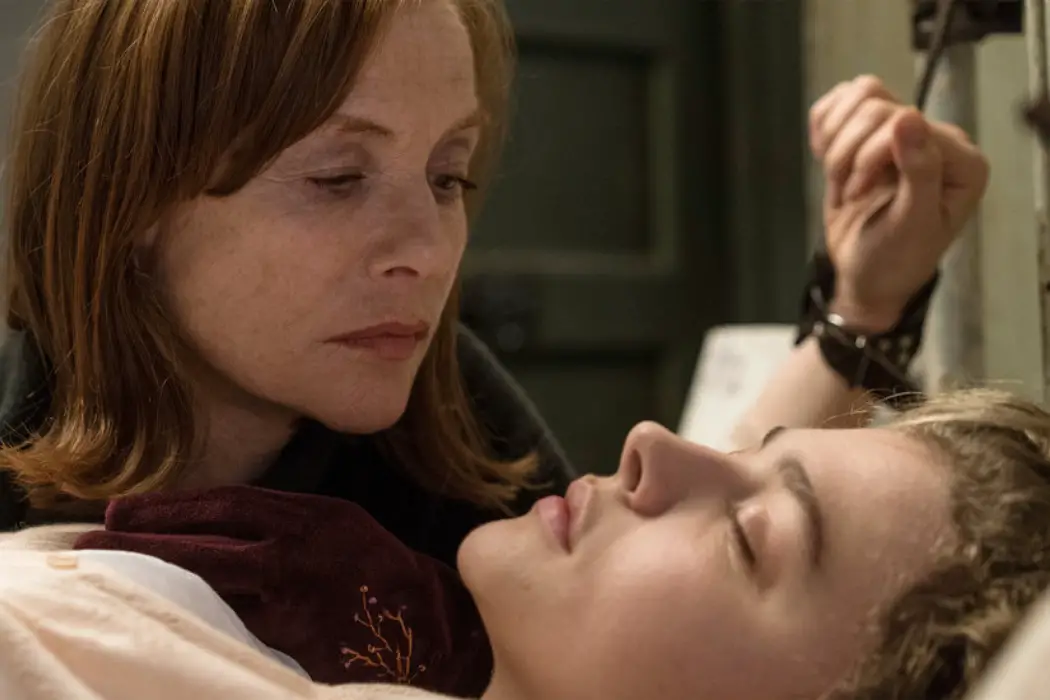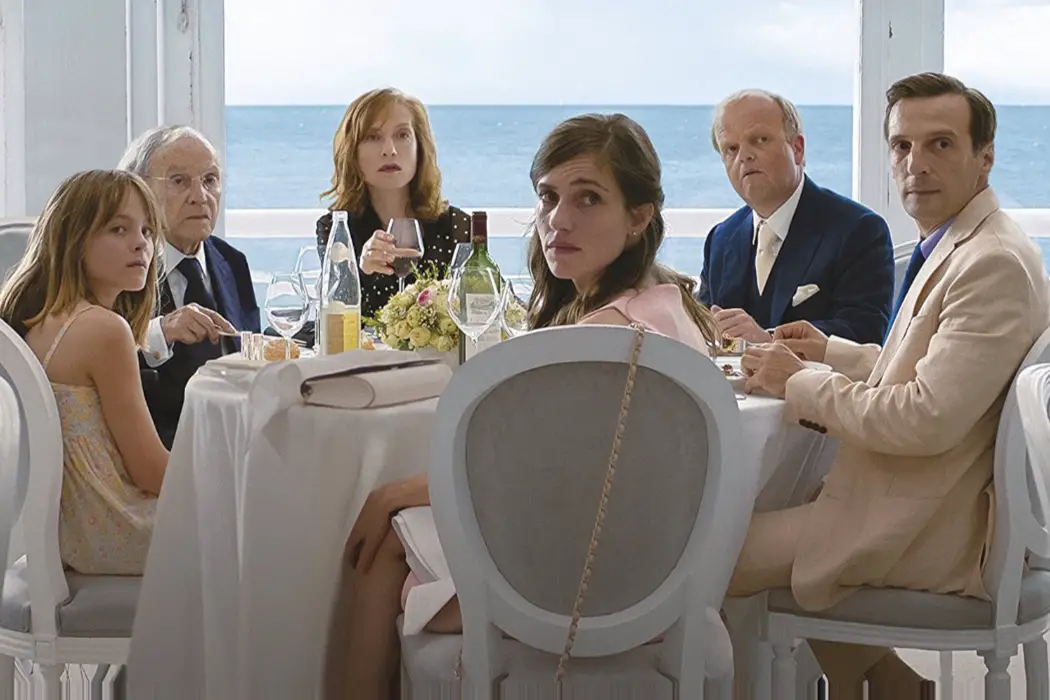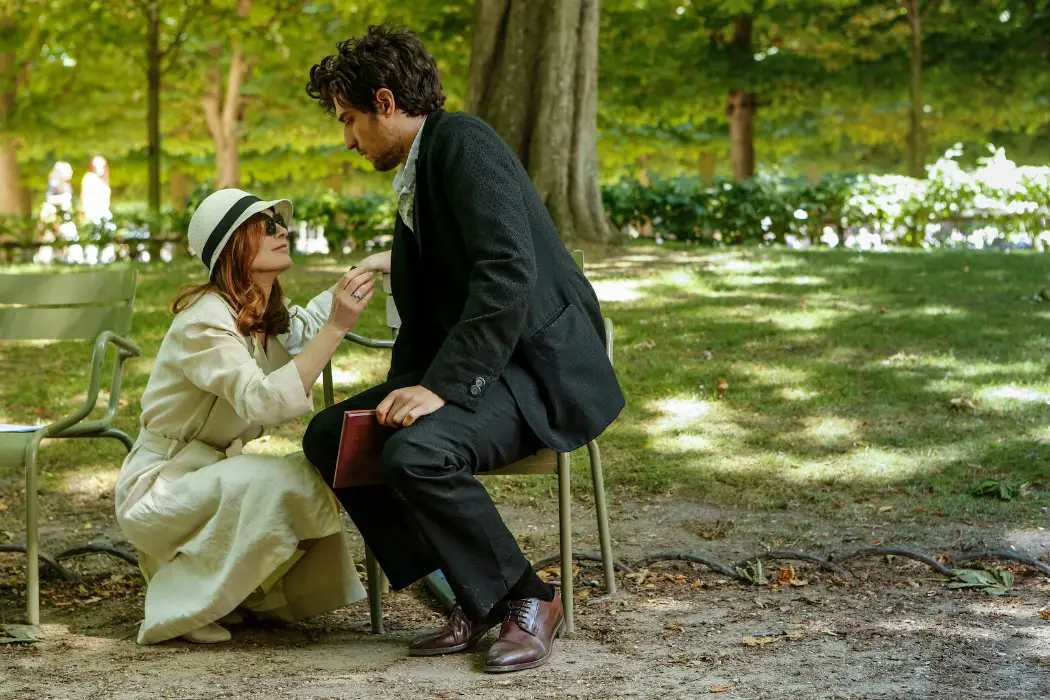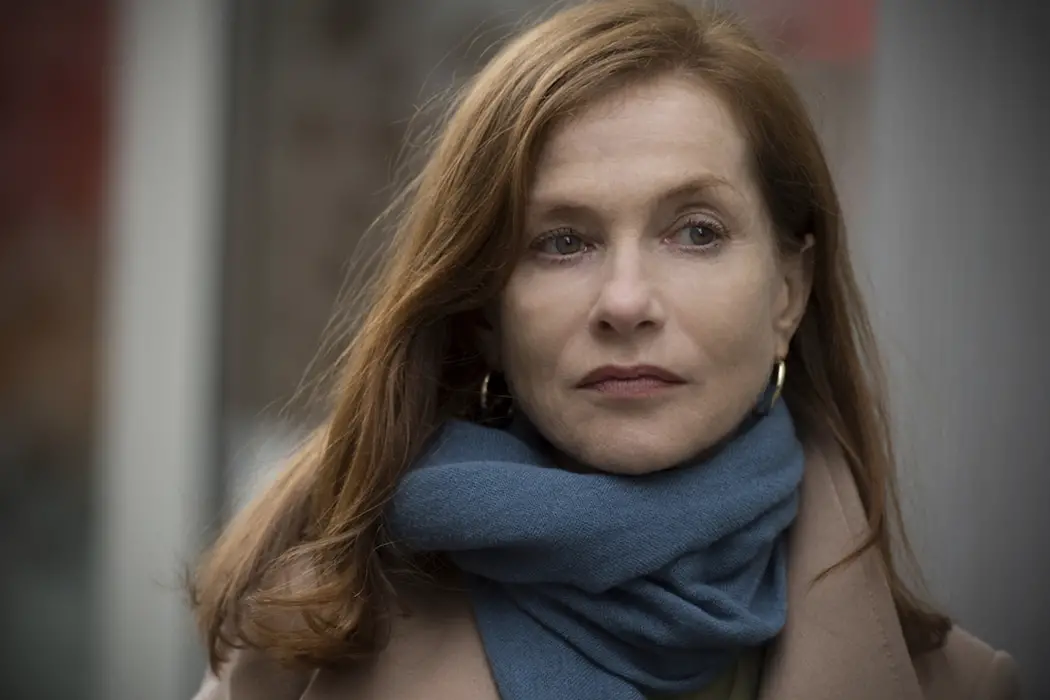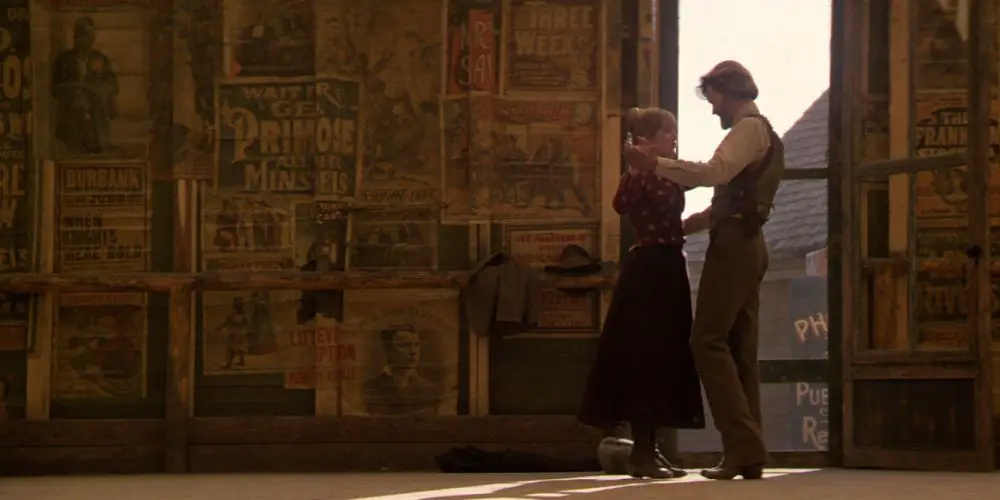Isabelle Huppert
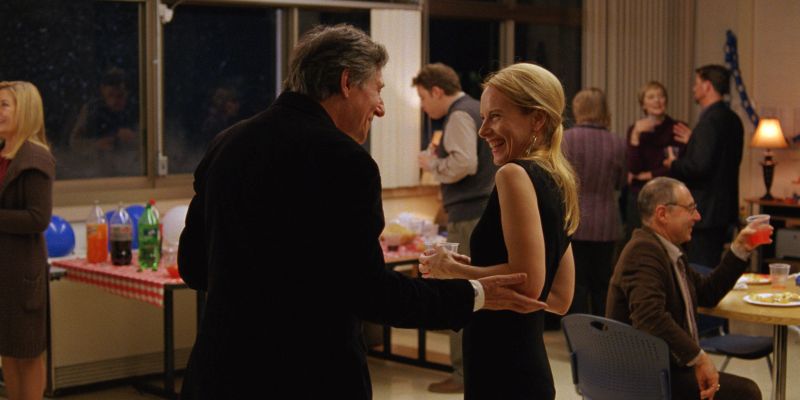
Is it possible for a contemporary America drama dealing with grief not be referred to using the “post-9/11” prefix? Louder Than Bombs charts the emotional complexities of a middle-class New York family as a retrospective article about their deceased war photographer mother/wife is published in the New York Times, resurfacing their most base fragilities. There is nothing in the film that remotely refers back to that harrowing event in American history, yet for many audiences it’s embedded in the subtext – New Yorkers who are confused how to react after this unexpected turbulent event in their lives.


